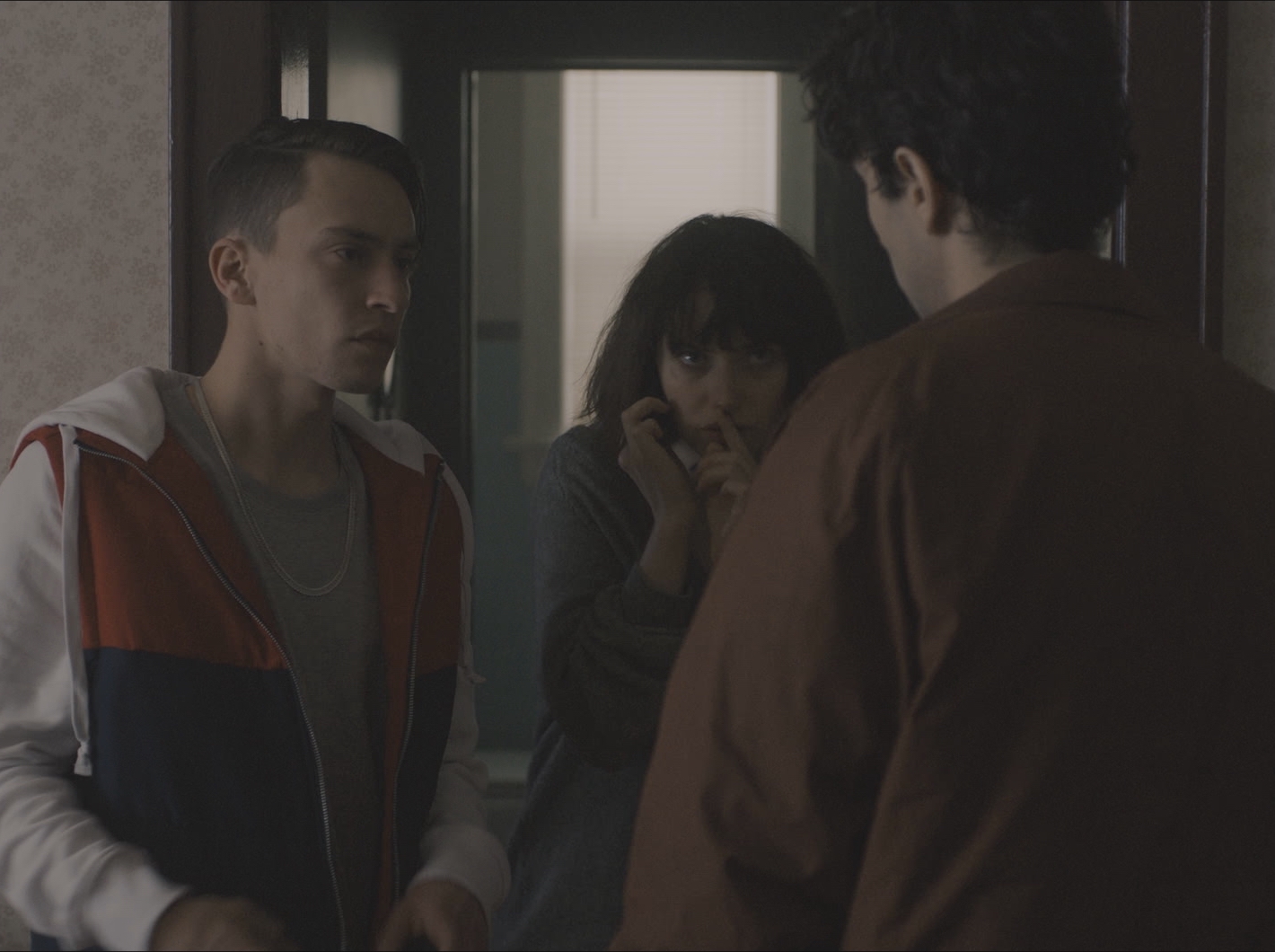‘Castle in the Ground’: Film Review
By Dennis Harvey
LOS ANGELES (Variety.com) – In movies as in life, there is a familiar exasperation that often comes with witnessing people personally (rather than professionally) involved with addicts, as they try to make excuses for manipulative, mercurial behavior, chasing the user’s “new leaf” promises like a carrot on a stick. Fervently hoping for positive change, their desire to help can curdle into unintentional enabling. Plus, as engrossing as addiction may be from the inside, when viewed externally it sure can be monotonous.
Those are problems “Castle in the Ground” can’t quite escape in dramatic terms, as this well-acted second feature from actor-turned-director Joey Klein charts a grieving youth’s terrible choice of succor in the company of his junkie neighbor. Part gritty portrait of a mutually destructive drug-based relationship à la “Crush” or “Panic in Needle Park,” part crime thriller, the film never quite grips enough on either plane. The result is an earnest, sometimes skillful effort that nonetheless often feels slack and underwritten, as well as ultimately less-than-rewarding. The Canadian project hits digital and on-demand platforms on May 15, with Gravitas Ventures handling U.S. distribution.
The premise is somewhat similar to Klein’s 2016 prior film as writer-director, “The Other Half,” in which a man dealing with a traumatizing family loss got involved with a woman whose mood swings turn out to be due to bipolar disorder. Here, Alex Wolff — an actor often beset by onscreen mother issues — plays 19-year-old Henry, who’s put off college to stay with single mum Rebecca (Neve Campbell) in their Sudbury, Ontario-based flat as she fends off serious illness. She’s already nagging him to move on with his life when she’s informed her cancer has relapsed, and must decide whether to go through a grueling, possibly-useless treatment regime all over again.
Spending most of her time in bed, Rebecca finds her sleep troubled by the new neighbor across the hall, who blasts music and receives noisy visitors at all hours. This turns out to be Ana (Imogen Poots), whom Henry later encounters trying to fill a dubious prescription at the pharmacy. She promptly tries to “borrow” money from him, then finagles him into driving her to a creepy apparent drug rendezvous in an abandoned building. As if these aren’t red flags enough, he witnesses a possible armed robbery at her place — which, notably, she does not report to the police.
Despite all this, it’s Ana to whom Henry turns when he’s left alone, mom’s situation having gone drastically south. Actually, first he turns to Rebecca’s remaining painkillers. Once he’s acquired a habit, he naturally drifts into the orbit of Ana. She’s supposedly “on the program” (taking methadone to kick heroin), but seems to be up to her eyeballs in illicit substances and ill-advised associations nonetheless. Among the equally addled personalities banging on her door in the middle of the night are Stevie (Kiowa Gordon), Richard aka Polo Boy (Keir Gilchrist), and Jimmy (Tom Cullen).
A missing or stolen bag of OxyContin pills is of great concern to them, as well as the ominous occupants of a white van who threaten great harm if it’s not returned. Needless to say, it’s bad news when Henry soon gets swept up into this violent intrigue. There is some suspense raised in how this plays out. But “Castle” is much more concerned with conveying the blurry time-suckage of alternating highs, blackouts and withdrawals, so we’re often uncertain just what has or hasn’t happened.
That would be more powerful if the film had established a stronger connection to the central characters. But despite Wolff’s usual good performance, Henry remains a bit of a blank — apart from one briefly seen, then jilted girlfriend (Star Slade), he seems to have no peer or family support. We see him praying, yet gain no insight into what role religion plays in his life; nor does he seem to have any personal interests or aspirations. Campbell’s warm if brief turn makes the mother-son bond palpable, but surely that can’t define his entire being.
The murkiness of Ana’s character is more appropriate, as well as effective. She’s all over the map, alternately devious, paranoid, blithe and hysterical. Poots lends each irrational about-face an internal cogency that makes Ana credible as both addicted victim and monster — even if it doesn’t really explain why Henry is drawn in, particularly as he ignores several other figures’ warnings about her.
Strongly acted down the line, “Castle” still manages to feel too sketchy as a character drama, as well as a crime melodrama. Klein goes for a claustrophobic intimacy via dank, depressing settings, and by having DP Bobby Shore shoot in a narrow 4:3 ratio with lots of head-on closeups in which characters face the camera directly. Sometimes the effect is stylishly disorienting (as in a dance club sequence), at others just mannered, with a sluggish feel overall not helped by Chris Hyson’s inert score.
This is a movie about people falling down a rabbit’s hole of substance abuse, a subject that merits more cumulative force, whether tragic, redemptive, terrifying, grotesque or all the above. But while “Castle in the Ground” seems familiar with the dangerous territory it depicts, it makes that view duly unpleasant without being terribly compelling. The deal-breaker is that classic least-favored endnote for a disappointing narrative: A fadeout that makes you exclaim, “Really? That’s it?!”

